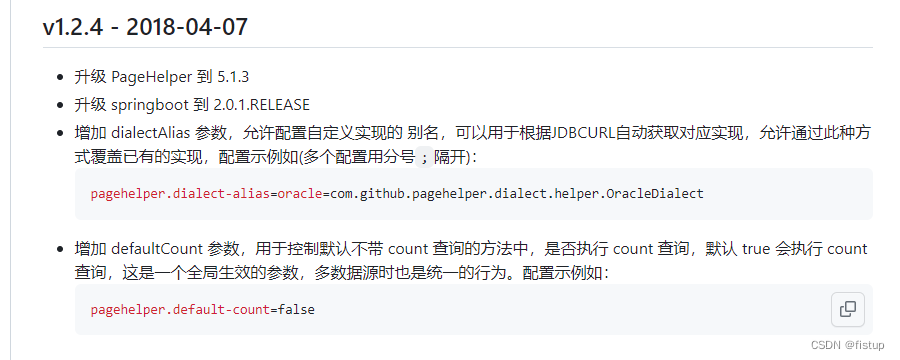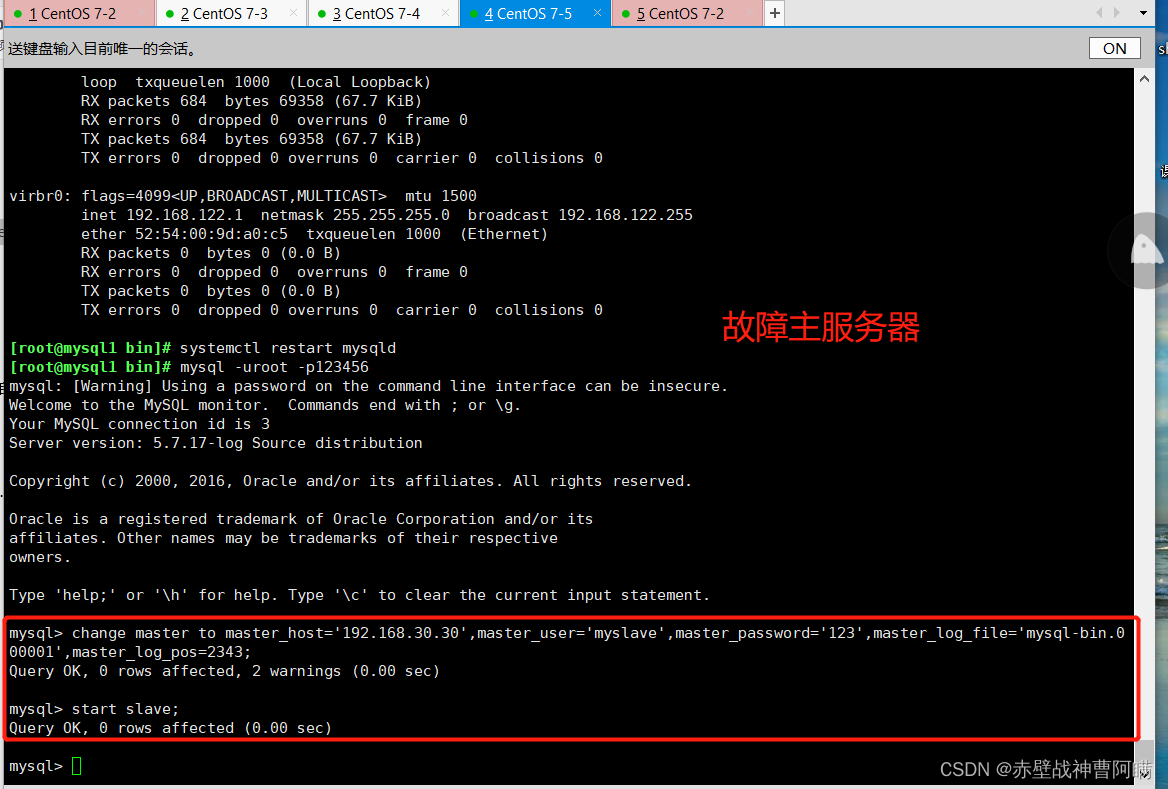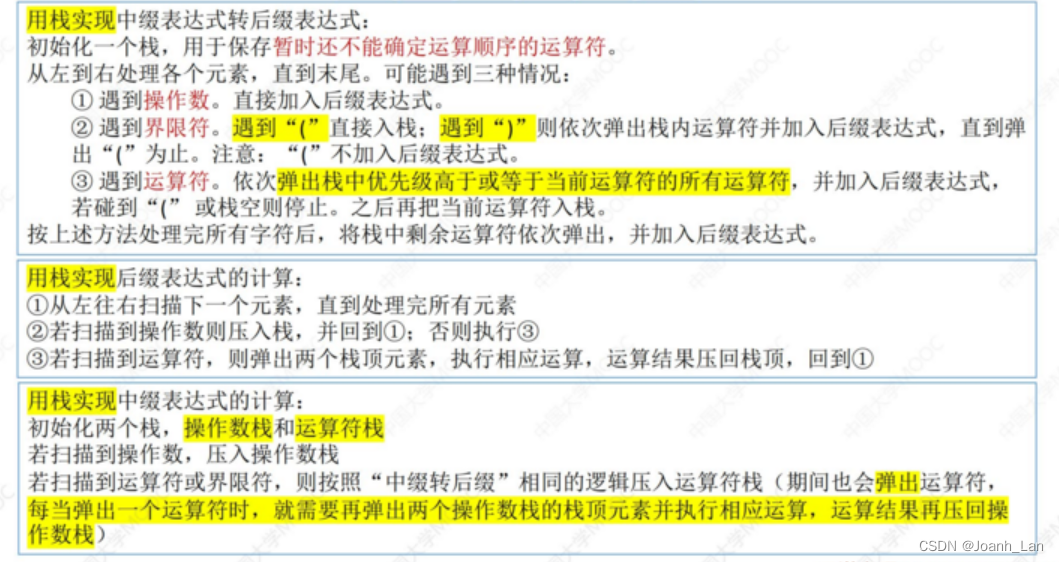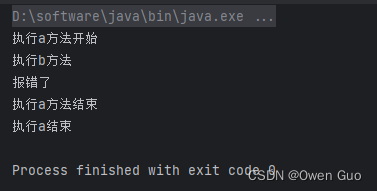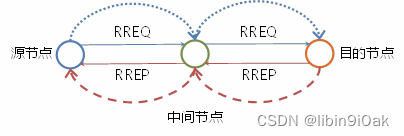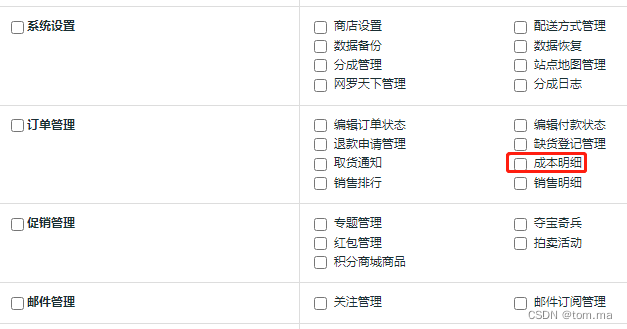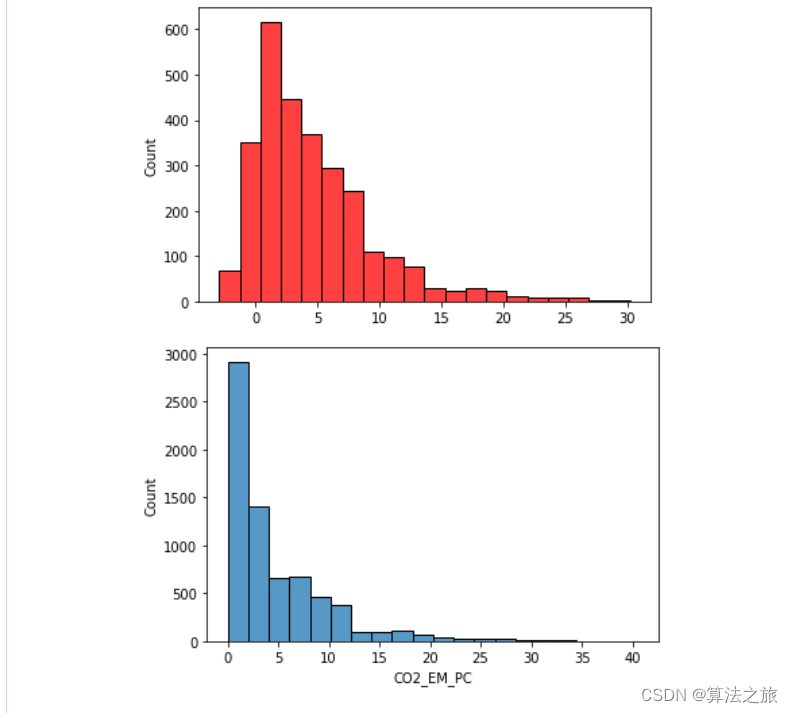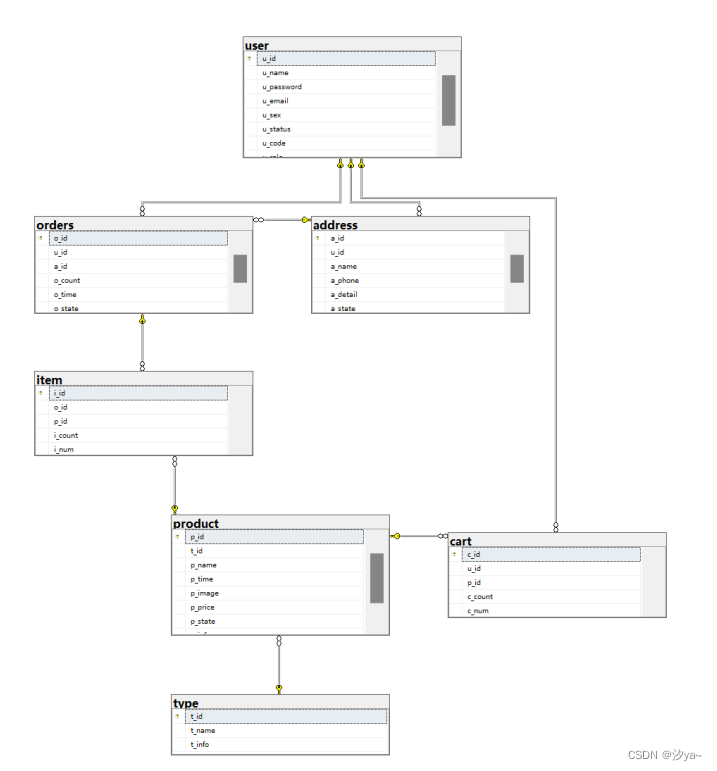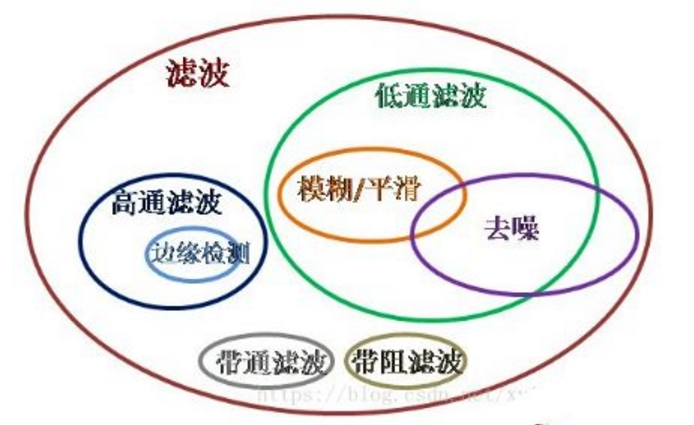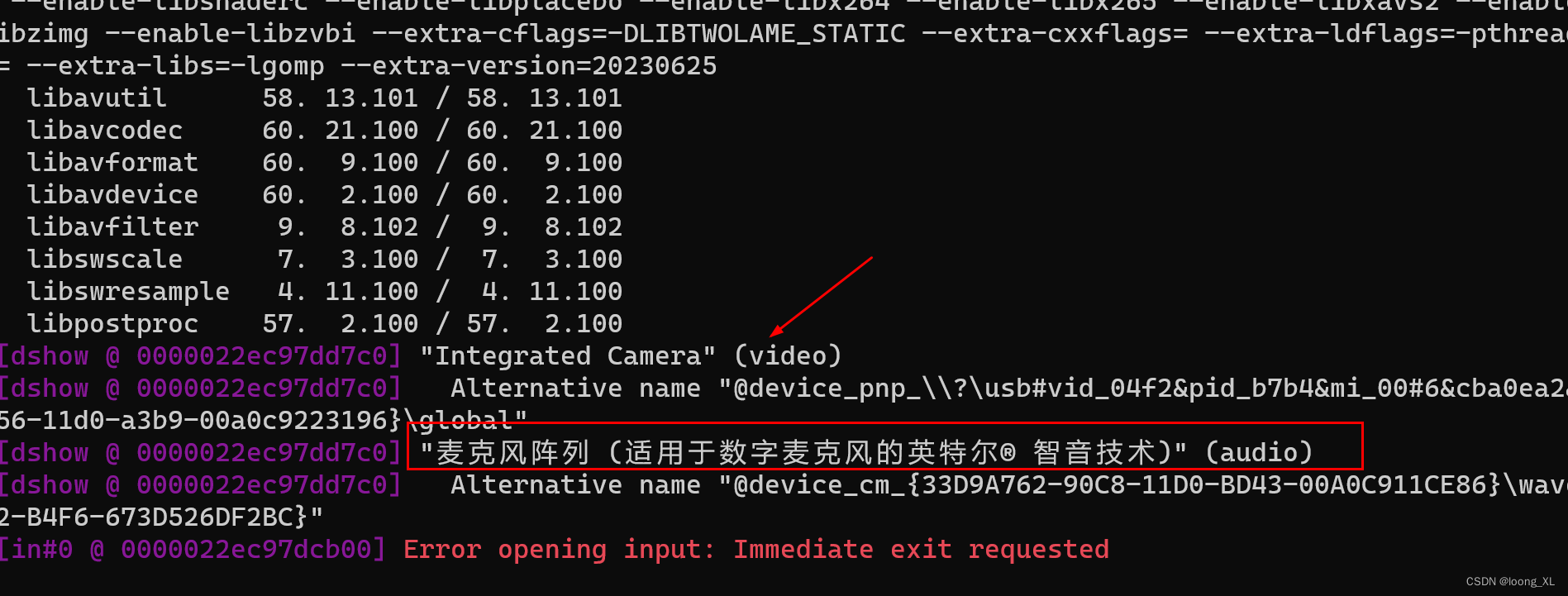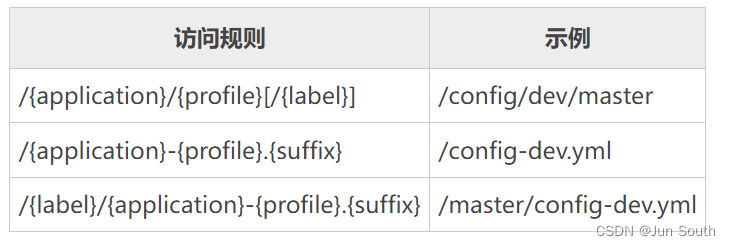Key Words
1.monarch n.君主政治
非常抱歉误解了您的问题。以下是关于"monarch"这两个意义的常见用法、造句和固定搭配的例子:
1. Monarch(君主):
- 造句:
- The monarch of the country made an official proclamation.
(这个国家的君主发布了一项正式公告。)
- The monarch's reign lasted for over five decades.
(这位君主的统治持续了五十多年。)
- 固定搭配:
- Reigning monarch: 当今君主
- Monarch's authority: 君主的权威
- Monarch's prerogative: 君主的特权
- Monarch's coronation: 君主的加冕典礼
2. Monarch(蝴蝶):
- 造句:
- I saw a beautiful monarch butterfly fluttering in the garden.
(我看到一只美丽的帝王蝴蝶在花园中飞舞。)
- The monarch butterflies migrate to warmer regions during the winter.
(帝王蝴蝶在冬季迁徙到较温暖的地区。)
- 固定搭配:
- Monarch butterfly migration: 帝王蝴蝶迁徙
- Monarch butterfly habitat: 帝王蝴蝶栖息地
- Monarch butterfly conservation: 帝王蝴蝶保护
- Monarch butterfly larvae: 帝王蝴蝶幼虫
2.partisn
"partisan" 是一个多义词,具有不同的含义和用法。以下是两个常见的意义及其相关的考点和用法:
1. Partisan(名词):指支持某个特定政治团体、政党或观点的人。这个词通常用来描述具有强烈政治倾向或对立的人。
- 造句:
- She has been a lifelong partisan of the Democratic Party.
(她一直是民主党的坚定支持者。)
- The newspaper is accused of being a partisan publication, biased towards one political ideology.
(这家报纸被指责为党派媒体,偏袒某种政治意识形态。)
- 固定搭配:
- Political partisan: 政治上的党派支持者
- Partisan politics: 党派政治
- Partisan divide: 党派分歧
- Partisan loyalty: 党派忠诚
2. Partisan(形容词):指与特定政治团体或政党有关的、偏袒某一方的。这个形容词用来描述偏袒、不客观或与特定立场有关的事物。
- 造句:
- The media outlet has been accused of publishing partisan news articles.
(这家媒体机构被指责发布有偏见的新闻文章。)
- The debate became increasingly heated and partisan, with each side defending their own interests.
(辩论变得越来越激烈和党派化,每一方都在维护自己的利益。)
- 固定搭配:
- Partisan media: 党派媒体
- Partisan bias: 党派偏见
- Partisan rhetoric: 党派言论
- Partisan divide: 党派分裂
3.minicipal
"Municipal" 是一个形容词,用来描述与城市或市政有关的事物。下面是关于"municipal"的定义、相关考点和常见用法:
1. Municipal(形容词):指与城市、市政或市政府有关的事物。这个词通常用于描述与城市管理、城市事务或城市规章制度相关的事项。
- 造句:
- The municipal government is responsible for maintaining public parks and roads.
(市政府负责维护公园和道路。)
- The city council passed a new municipal ordinance regarding waste disposal.
(市议会通过了一项关于废物处理的新市政条例。)
- 固定搭配:
- Municipal services: 市政服务
- Municipal infrastructure: 市政基础设施
- Municipal elections: 市政选举
- Municipal budget: 市政预算
2. Municipal(名词):在一些国家,"municipal"也可以作为名词使用,指的是一个地方政府的行政部门,负责城市事务的管理。
- 造句:
- I contacted the municipal to inquire about the building permit.
(我联系了市政部门,询问有关建筑许可证的事宜。)
- The municipal is responsible for issuing business licenses.
(市政部门负责发放营业执照。)
请注意,"municipal"一词通常用于描述城市和市政相关的事物,例如市政机构、市政服务、市政规定等。
4.concession
"concession" 是一个常见的单词,以下是它的定义、相关考点和常见用法:
Concession(名词):指在协商或交易过程中的妥协、让步或特许权。这个词通常用于描述在双方之间做出的让步或许可。
- 造句:
- The government made a concession by lowering taxes for small businesses.
(政府通过为小型企业降低税收做出了让步。)
- The company obtained a concession to operate a casino in the city.
(该公司获得了在城市经营赌场的特许权。)
- 固定搭配:
- Concession agreement: 让渡协议
- Concession stand: 食品摊位
- Concessionaire: 特许经营者
- Concession speech: 让步演讲
请注意,"concession" 一词通常用于描述在协商、交易或争议解决过程中做出的让步或特许权。希望这些例子可以帮助您更好地理解和运用该单词。如果您有其他问题或需要更多例子,请随时提问。
5.ballot
"ballot" 是一个常见的单词,以下是它的定义、相关考点和常见用法:
Ballot(名词):指选票或投票的过程。这个词通常用于描述在选举或表决中使用的投票方式。
- 造句:
- Citizens cast their ballots to choose their representatives in the election.
(公民们投票选举代表。)
- The ballot results will be announced tomorrow.
(投票结果将在明天公布。)
- 固定搭配:
- Secret ballot: 秘密投票
- Absentee ballot: 缺席选票
- Paper ballot: 纸质选票
- Ballot box: 投票箱
请注意,"ballot" 一词通常用于描述选票或投票过程。
4.hierachy
"Hierarchy" 是一个常见的单词,以下是它的定义、相关考点和常见用法:
Hierarchy(名词):指等级制度、层次体系或组织结构,其中成员或事物按照等级或权力关系排列。这个词通常用于描述组织、社会或系统中的层级结构。
- 造句:
- The company has a strict hierarchy, with clear levels of authority.
(该公司有着严格的等级制度,权力层级清晰。)
- In many societies, there is a hierarchy of social classes.
(在许多社会中,存在社会阶层的等级制度。)
- 固定搭配:
- Corporate hierarchy: 公司层级
- Hierarchical structure: 分层结构
- Hierarchy of needs: 需求层次结构
- Power hierarchy: 权力等级制度
请注意,"hierarchy" 一词通常用于描述等级制度、层次体系或组织结构。
6.immunity:
"Immunity" 是一个常见的单词,以下是它的定义、相关考点和常见用法:
Immunity(名词):指免疫力、免疫状态或豁免权。这个词可以用于描述人体对疾病的抵抗能力,也可用于描述法律上的特权或豁免权。
- 造句:
- Vaccination helps build immunity against certain diseases.
(接种疫苗有助于对抗某些疾病产生免疫力。)
- Diplomats often enjoy diplomatic immunity in host countries.
(外交官在接受国通常享有外交豁免权。)
- 固定搭配:
- Immune system: 免疫系统
- Immunity response: 免疫反应
- Immunity to disease: 对疾病的免疫力
- Legal immunity: 法律豁免权
请注意,"immunity" 一词可用于描述免疫力或豁免权。
7.senate
"Senate" 是一个常见的名词,以下是它的定义、相关考点和常见用法:
Senate(名词):指参议院,是一种立法机构或议会的一部分,通常是一个国家的上议院。参议院在某些政治体制中扮演着重要的角色,如审议和通过法律法案、提供政策建议等。
- 造句:
- The Senate passed a new healthcare bill.
(参议院通过了一项新的医保法案。)
- The members of the Senate are elected by the citizens.
(参议院的成员由公民选举产生。)
- 固定搭配:
- Senate chamber: 参议院议事厅
- Senate committee: 参议院委员会
- Senate majority: 参议院多数党
- Senate confirmation: 参议院确认
请注意,"Senate" 一词通常用于描述立法机构中的上议院。
8.regime
"Regime" 是一个常见的名词,以下是它的定义、相关考点和常见用法:
Regime(名词):指政权、政体或统治体制。"Regime" 这个词通常用来描述一个国家或地区的政治、社会或经济体系,以及在该体系下的统治方式和规则。
- 造句:
- The new regime implemented sweeping reforms to address economic inequality.
(新政权实施了全面的改革以解决经济不平等问题。)
- The authoritarian regime suppressed freedom of speech and dissent.
(威权政权镇压了言论自由和异议。)
- 固定搭配:
- Authoritarian regime: 威权政权
- Totalitarian regime: 极权主义政权
- Regime change: 政权更迭
- Regime stability: 政权稳定
9.suppress 镇压
"Suppress" 是一个常见动词,以下是它的定义、相关考点和常见用法:
Suppress(动词):指压制、抑制或镇压某种行动、情感或信息。这个词可以用来描述抑制或控制某些不希望出现或不被接受的事物。
- 造句:
- The government suppressed the protest by using force.
(政府通过使用武力镇压了抗议活动。)
- She tried to suppress her anger and remain calm.
(她努力抑制自己的愤怒,保持冷静。)
- 固定搭配:
- Suppress information: 隐瞒信息
- Suppress dissent: 镇压异议
- Suppress emotions: 抑制情感
- Suppress a rebellion: 镇压叛乱
请注意,"suppress" 这个词常用于描述抑制或镇压某种行动、情感或信息。
10.Nominate
"Nominate" 是一个常见的动词,以下是它的定义、相关考点和常见用法:
Nominate(动词):指提名、推举或任命某人担任职务、参选或获得奖项。这个词通常用于描述将某人或某事物提出作为候选人或候选事物。
- 造句:
- They nominated John for the position of team captain.
(他们提名约翰担任队长职务。)
- The committee nominated her for the prestigious award.
(委员会提名她获得这一崇高的奖项。)
- 固定搭配:
- Nominated candidate: 被提名的候选人
- Nominated for an award: 被提名获奖
- Self-nomination: 自荐
- Nominating committee: 提名委员会
请注意,"nominate" 这个词常用于描述提名、推举或任命某人担任职务、参选或获得奖项。
12.Law enforcement(执法):
造句:
- The local police department is responsible for law enforcement in the community.
(当地警察部门负责社区内的执法工作。)
- The government has implemented stricter measures to enhance law enforcement.
(政府采取了更严格的措施来加强执法。)
固定搭配:
- Law enforcement agency: 执法机构
- Law enforcement officer: 执法人员
- Law enforcement jurisdiction: 执法辖区
- Law enforcement procedures: 执法程序
- Law enforcement training: 执法培训
"Law enforcement" 是指执行法律、维护社会秩序以及处理违法行为的活动和机构。执法工作的目标是确保公民的安全和社会的正常运转。
13.Impeach(动词)是一个常见的法律术语,以下是它的定义、相关考点和常见用法:
Impeach(动词):指弹劾、控告或指责某个公职人员,通常是指对高级政府官员(如总统、法官等)提出正式的指控,通常是因为他们被认为违反了职责、犯下了重大错误或滥用了权力。
- 造句:
- The opposition party is calling for the president to be impeached for alleged corruption.
(反对党要求弹劾总统,指控其涉嫌腐败。)
- The judge was impeached for misconduct and violation of judicial ethics.
(该法官因行为不端和违反司法道德被弹劾。)
- 固定搭配:
- Impeachment proceedings: 弹劾程序
- Impeachment trial: 弹劾审判
- Articles of impeachment: 弹劾条款
- Impeachment inquiry: 弹劾调查
请注意,"impeach" 这个词通常用于描述对公职人员的弹劾、控告或指责,特别是高级政府官员。
主要内容:

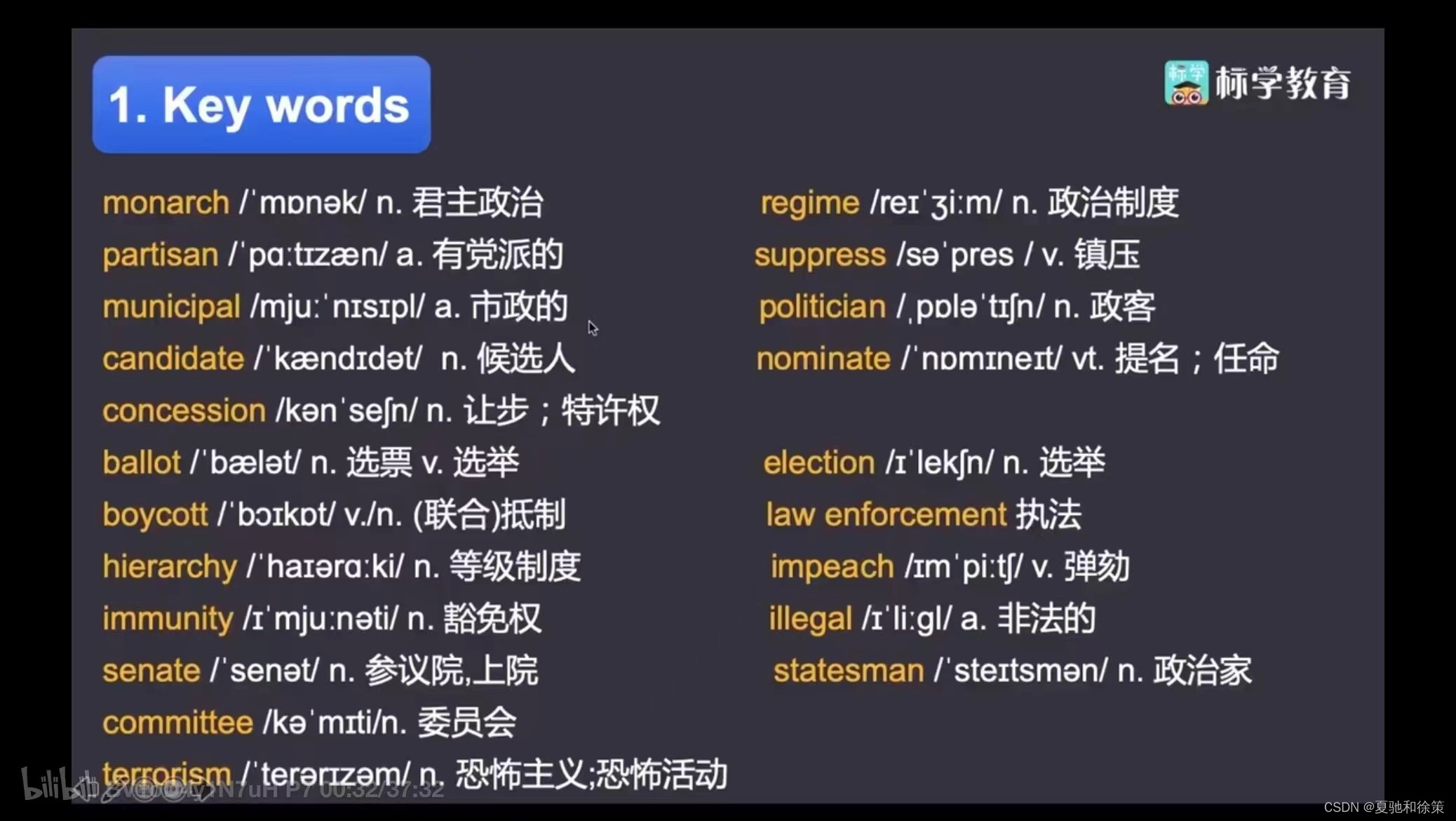
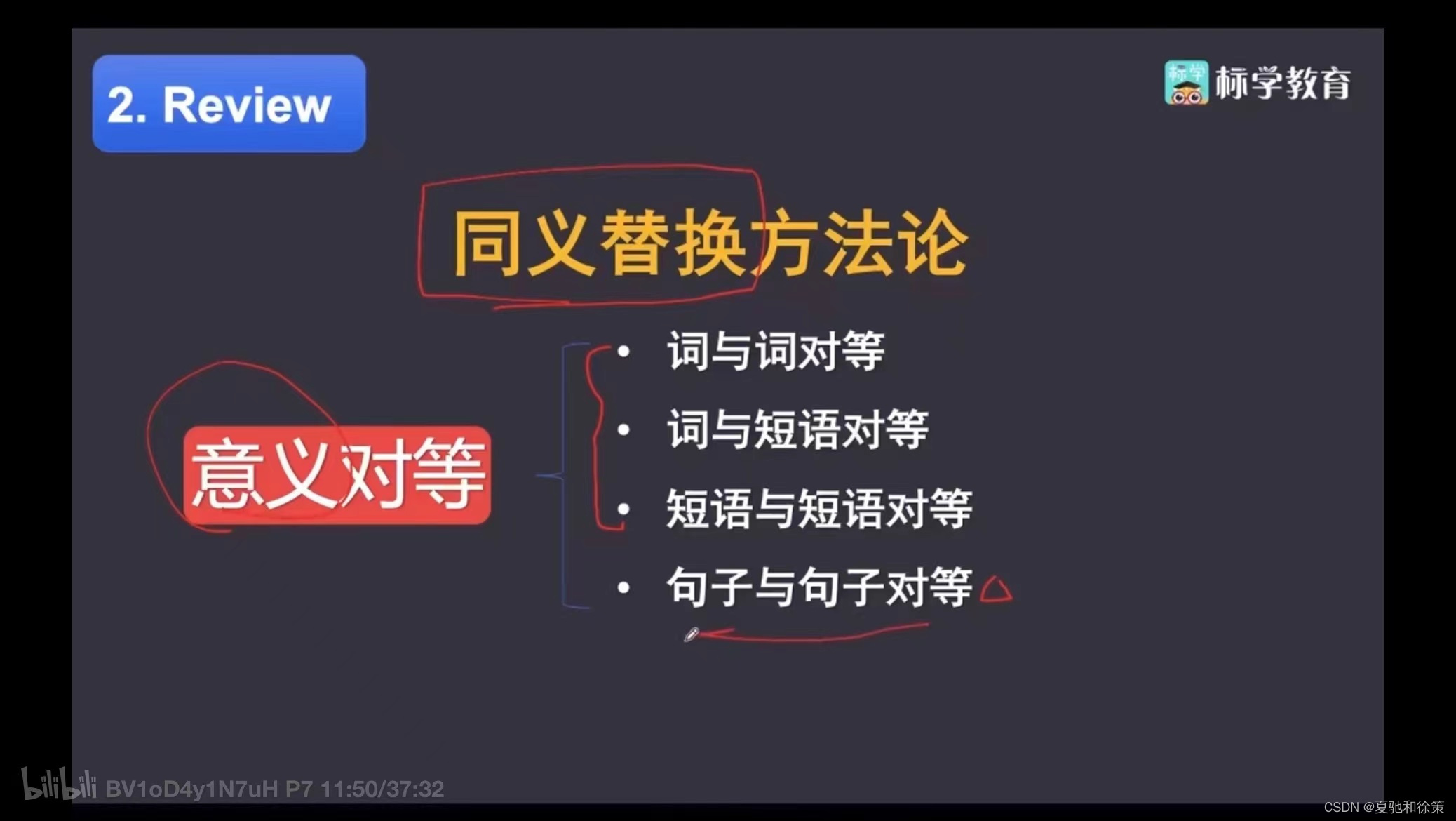




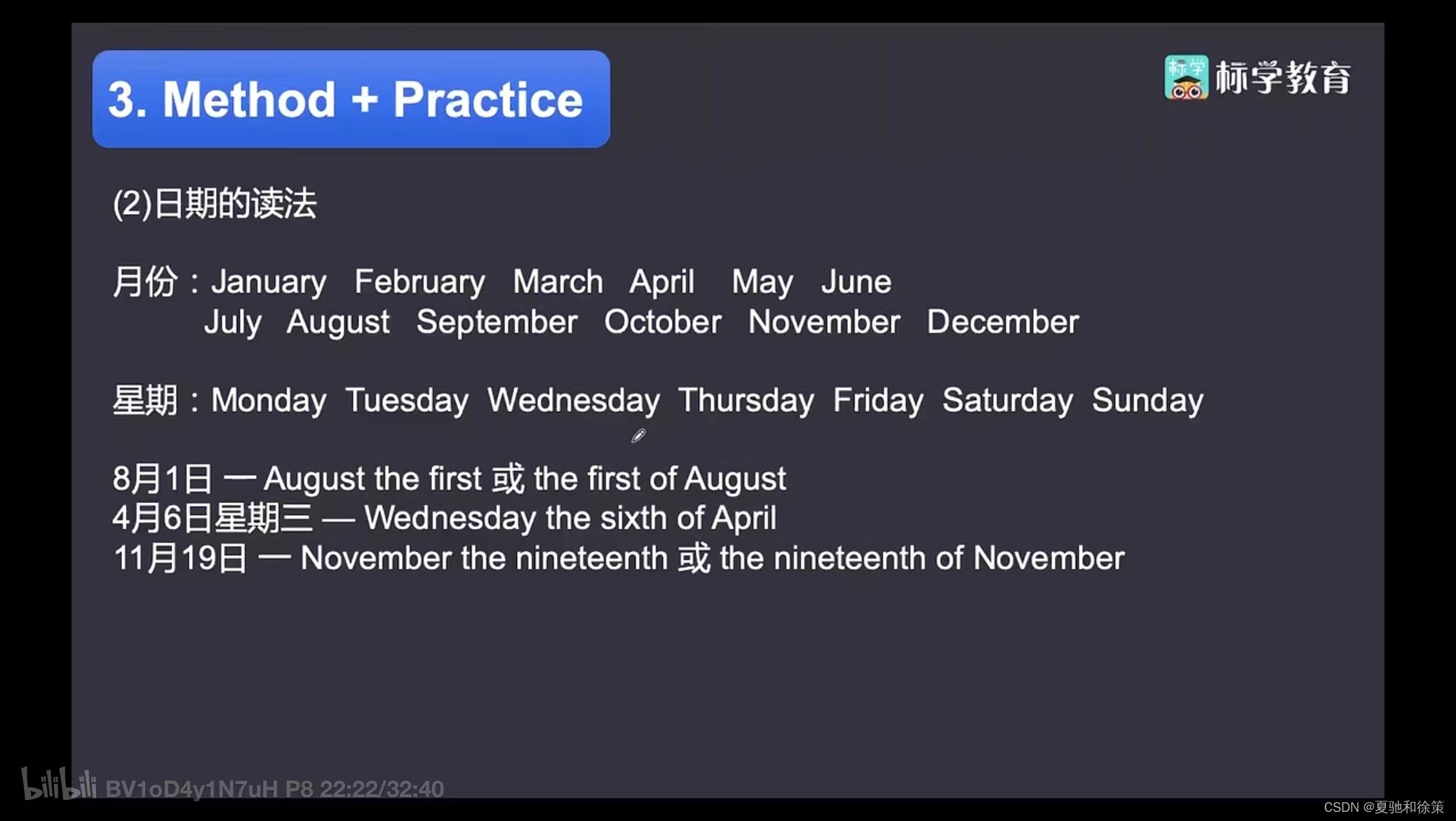
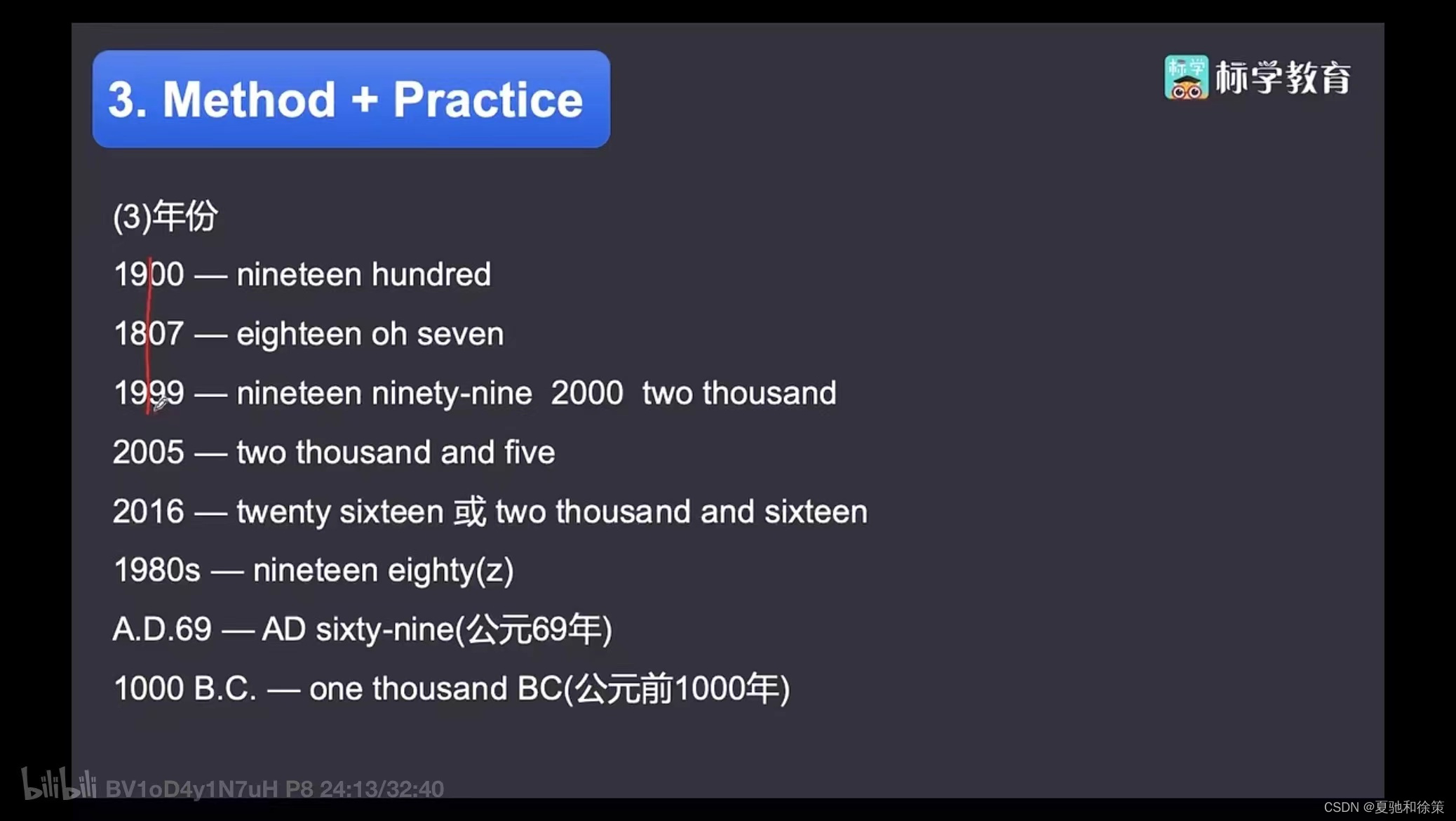
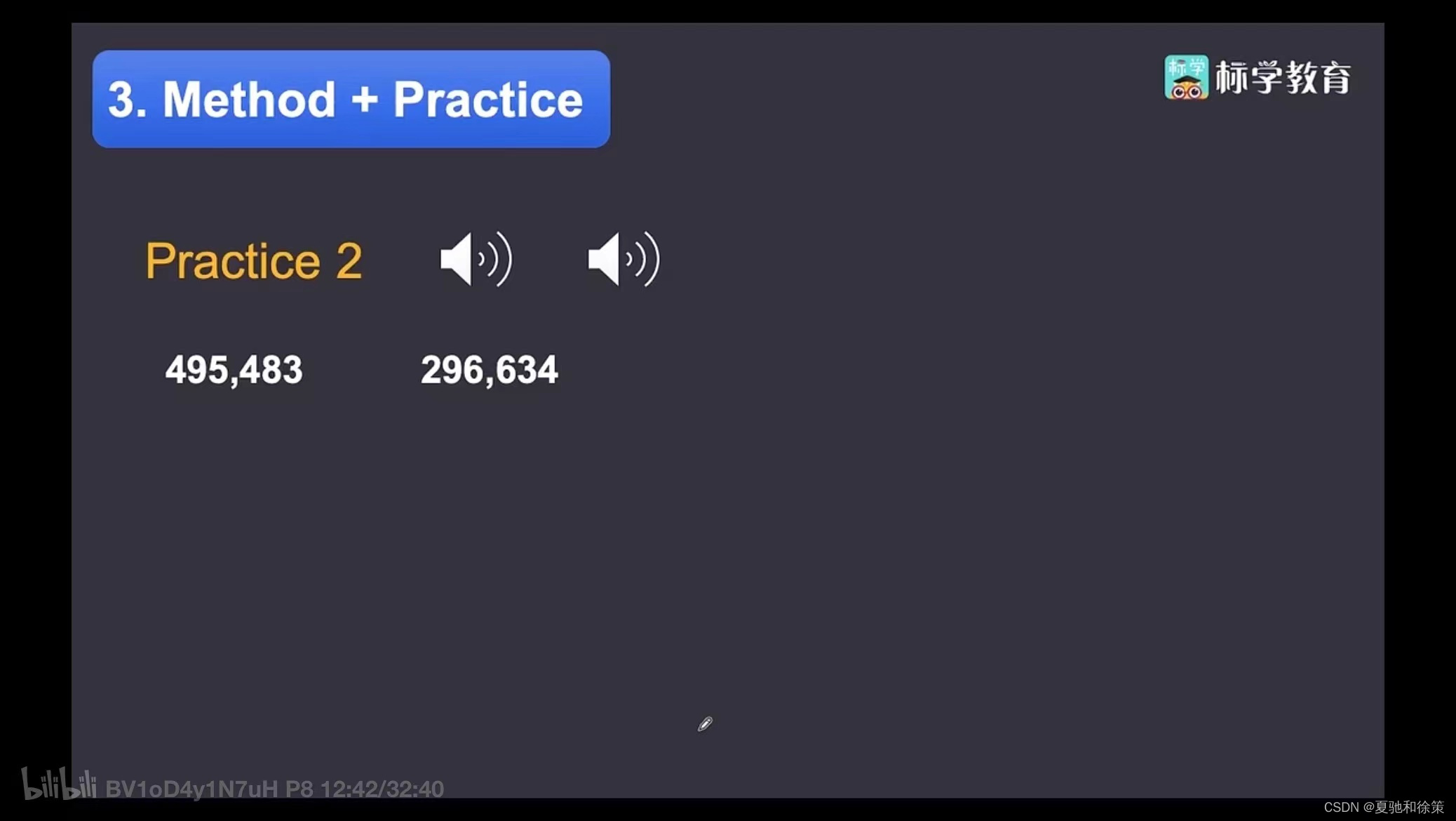
提到的规则是关于英文书写大数字时使用逗号的常见规范。在英文中,逗号被用作千位分隔符,以便更清晰地表达大数字。这种规则在英语语言环境中广泛使用,有助于使数字更易读和易懂。
具体来说:
- 当数字达到千位时,使用一个逗号来分隔,如 1,000。
- 当数字达到百万位时,使用两个逗号来分隔,如 1,000,000。
- 当数字达到十亿位时,使用三个逗号来分隔,如 1,000,000,000。
这种使用逗号分隔数字的约定可以帮助读者更快地理解数字的大小和结构,使数字更易于阅读和解读。
总结:
学到了关于数字的表达thousand就一个逗号,million就连两个,billion就三个终于知道为什么英文写数字要加逗号了



